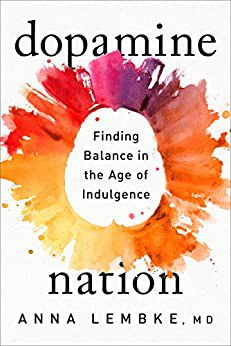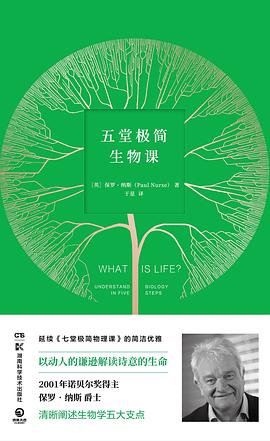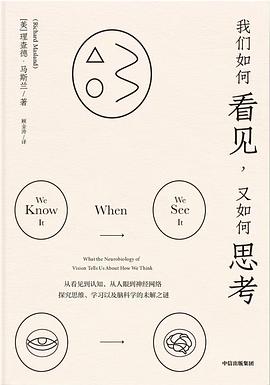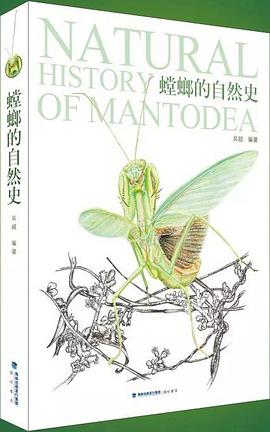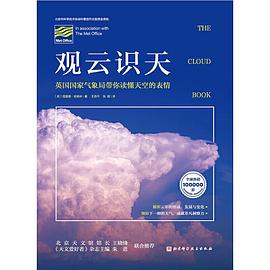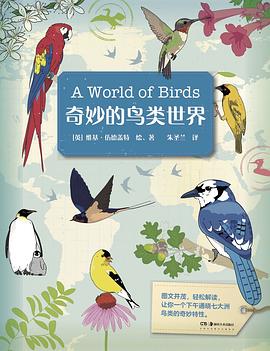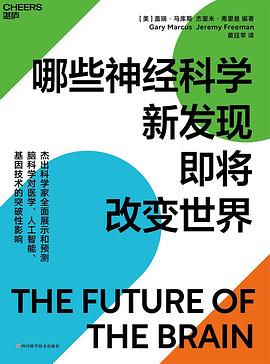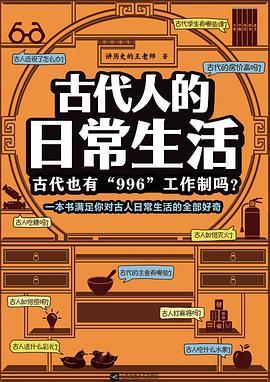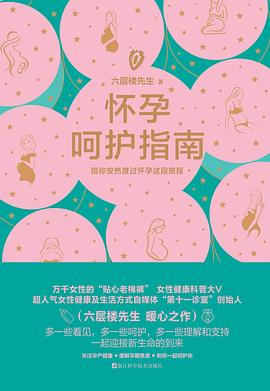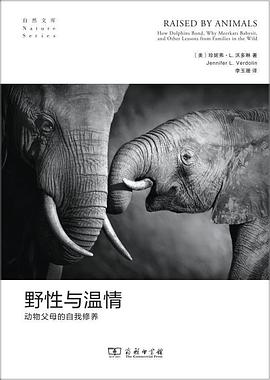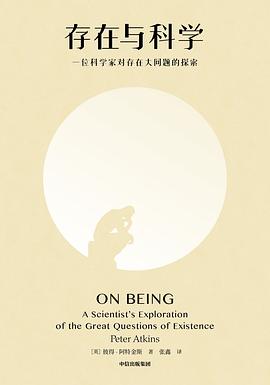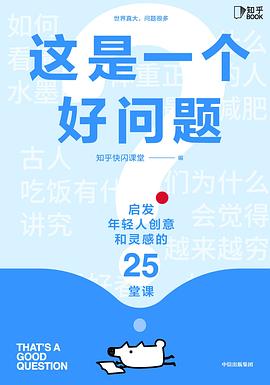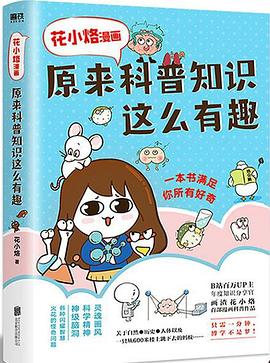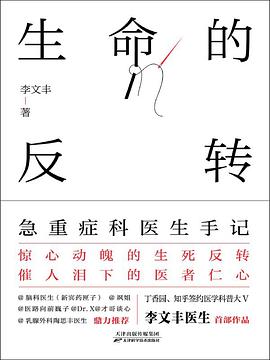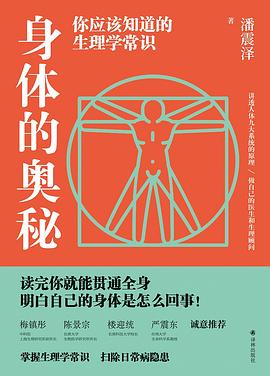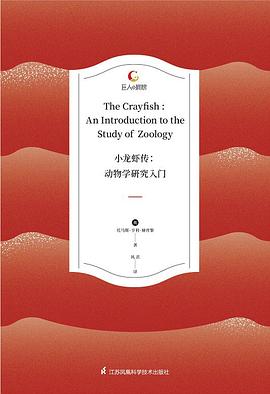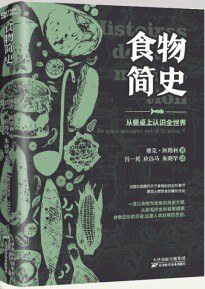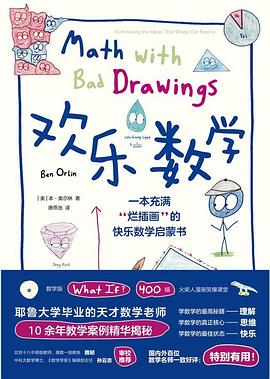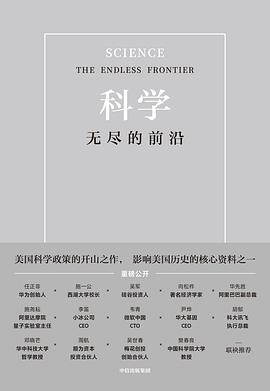
具體描述
Anna Lembke is the medical director of Stanford Addiction Medicine, program director for the Stanford Addiction Medicine Fellowship, and chief of the Stanford Addiction Medicine Dual Diagnosis Clinic. She is the recipient of numerous awards for outstanding research in mental illness, for excellence in teaching, and for clinical innovation in treatment. A clinician scholar, she has published more than a hundred peer-reviewed papers, book chapters, and commentaries in prestigious outlets such as The New England Journal of Medicine and JAMA. She sits on the board of several state and national addiction-focused organizations, has testified before various committees in the United States House of Representatives and Senate, keeps an active speaking calendar, and maintains a thriving clinical practice.
This book is about pleasure. It’s also about pain. Most important, it’s about how to find the delicate balance between the two, and why now more than ever finding balance is essential. We’re living in a time of unprecedented access to high-reward, high-dopamine stimuli: drugs, food, news, gambling, shopping, gaming, texting, sexting, Facebooking, Instagramming, YouTubing, tweeting… The increased numbers, variety, and potency is staggering. The smartphone is the modern-day hypodermic needle, delivering digital dopamine 24/7 for a wired generation. As such we’ve all become vulnerable to compulsive overconsumption.
In Dopamine Nation, Dr. Anna Lembke, psychiatrist and author, explores the exciting new scientific discoveries that explain why the relentless pursuit of pleasure leads to pain…and what to do about it. Condensing complex neuroscience into easy-to-understand metaphors, Lembke illustrates how finding contentment and connectedness means keeping dopamine in check. The lived experiences of her patients are the gripping fabric of her narrative. Their riveting stories of suffering and redemption give us all hope for managing our consumption and transforming our lives. In essence, Dopamine Nation shows that the secret to finding balance is combining the science of desire with the wisdom of recovery.
用戶評價
##huberman anna lembke 很精彩的一本書,纔知道為什麼有人會對痛上癮,解釋瞭很多生活中的現象
評分 評分##為什麼作者的書還不如她跟Huberman的podcast信息量大且密。聽那個episode即可,可惜瞭我的十幾美刀。// 很多時候,我們的“癮”也是一種基於經驗的self-belief和自我限製。Sometimes, all you need is a leap of faith and believing in yourself.
評分##跟researcher的科普比略arbitrary,pain to treat pain的論據(可能是我對中醫針灸的態度)跟前麵神經學的展開完全不能比。最齣彩的地方是觀點對人自我管理的啓發特彆棒,我第一次真正接受rehabilitation的tenable:強行短期剋製行為能打斷dopamine的峰值,再通過mindful訓練容忍彈性,無論是戒毒還是戒賭,都符閤行為科學跟神經科學的邏輯,因此addiction一定要尋求專業幫助,而非簡單的靠意誌力。要繼續培養散步、騎車、發呆看風景這些low dopamine的pleasure,科普三星,當self-help看五星。
評分 評分##1. 在醫療被商業化的場景下,醫生也是wage slave 所以也解釋瞭“Why healers become dealers”。2. 近幾十年,人們對疼痛太敏感瞭 both mentally and physically pain。止痛是心理學層麵的延伸,傳統醫學認為,有時疼痛反而能夠evoke 自身的免疫機製(?)3. Dopamine Fast,和邊際效益遞減一個道理,過猶不及,省著用,不然就脫敏瞭。
評分##作者對於大麻和psychedelic drugs隻呈現片麵的證據和陳述,甚至對抗抑鬱藥都有些偏見。此外,行文間透露瞭一股judgmental和privileged的氣息。書裏的有些知識點是還不錯,但我不喜歡這個作者。(沒準哪天就在學校裏遇見瞭...)
評分##感覺並不是很technical 例子太多和science關係不大 讀瞭3/4後棄
相關圖書
本站所有内容均为互联网搜索引擎提供的公开搜索信息,本站不存储任何数据与内容,任何内容与数据均与本站无关,如有需要请联系相关搜索引擎包括但不限于百度,google,bing,sogou 等
© 2025 book.tinynews.org All Rights Reserved. 静思书屋 版权所有

